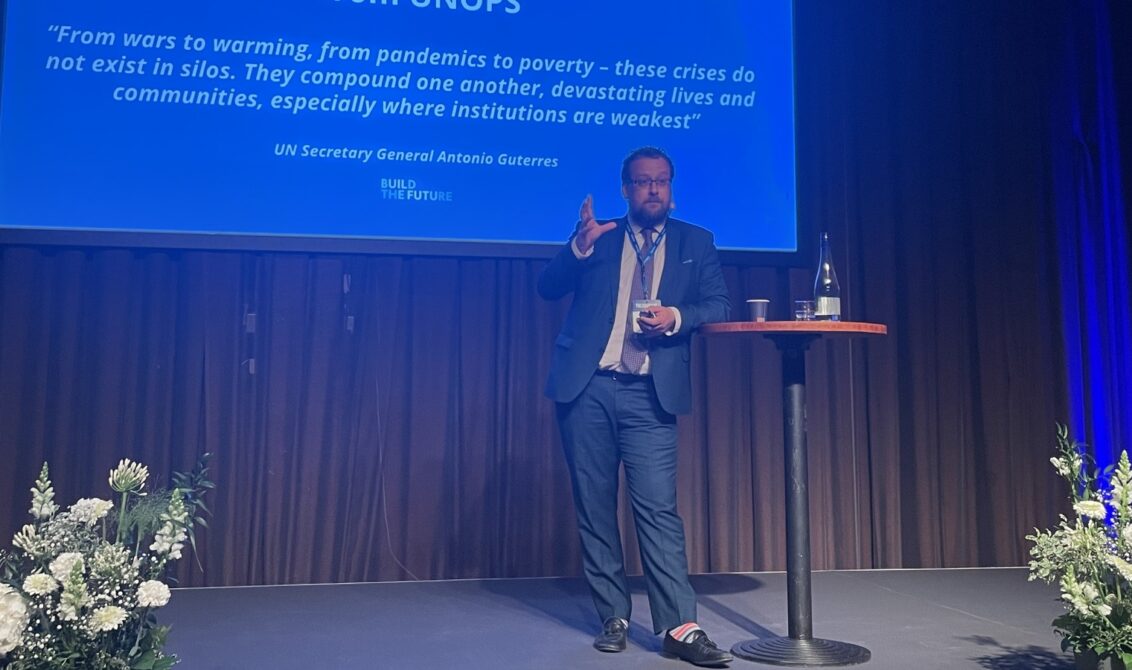
“We developed a clearinghouse solution that allowed us to replicate what a central or correspondent bank would do,” said Julian Cafolla, Treasurer of UNOPS, at the Treasury 360° Nordic 2025 conference, when talking about this specific case study. Key to this workaround was avoiding cross-border flows entirely, by matching import bills with local currency stockpiles in a green-fenced domestic network.
Trust in banks had evaporated. “We’ve seen offices warehouses with literal piles of cash, stacks up to the ceiling, because the biggest denomination in local currency is a thousand Afghani. It’s like, you know, ten bucks,” Cafolla said. “Companies didn’t trust the banking system. They were hoarding local currency, not depositing it, not recirculating it.”
To unlock this stagnant liquidity, UNOPS offered to cover import bills directly using donor funds, effectively swapping incoming goods for local cash. This “swap” model required intense due diligence. “We had to develop an enhanced vetting process, mapping out sources of revenue, understanding buyers, importers, and making sure we weren’t dealing with sanctioned parties.”
Flying in cash
But moving hard currency into Afghanistan also required extreme measures. “When there’s no dollar liquidity, we fly in our own cash,” Cafolla stated. “We’ve done it in Sudan, Syria, Haiti, and in Afghanistan we were flying in up to US$200 million a month.” Once landed, the funds were kept in off-balance-sheet custody accounts to ensure security and prevent misuse by local banks.
Distributing that aid posed its own challenge. Most Afghans are unbanked, undocumented, and offline. The solution? A biometric, chip-based card system built with fintech partner PayCode. “It’s not Visa or Mastercard, it’s an offline, tokenised card storing value directly. Even without internet, funds can be verified and spent.”
The US$500 million “Community Resilience and Livelihood” programme now uses this system to deliver aid to 14 million people across 29 provinces.“These cards give people a digital ID, access to aid, and a way into the financial system, all without needing a phone, a passport, or even a bank,” said Cafolla.
Speaker:
Julian Cafolla, Treasurer, United Nations Office for Project Services
• News from Treasury 360° Nordic 2025, at Stockholmsmässan on 22 May, is gathered here.
• And why not spread the posts in our LinkedIn flow? Sign up to follow if you don’t already – and share this post!
• Find here the main conference website, with the agenda.
• Download the 76-page event magazine here (including a packed 8-page agenda section).
• Many sessions appear in full as videos in the days or weeks after the event.



